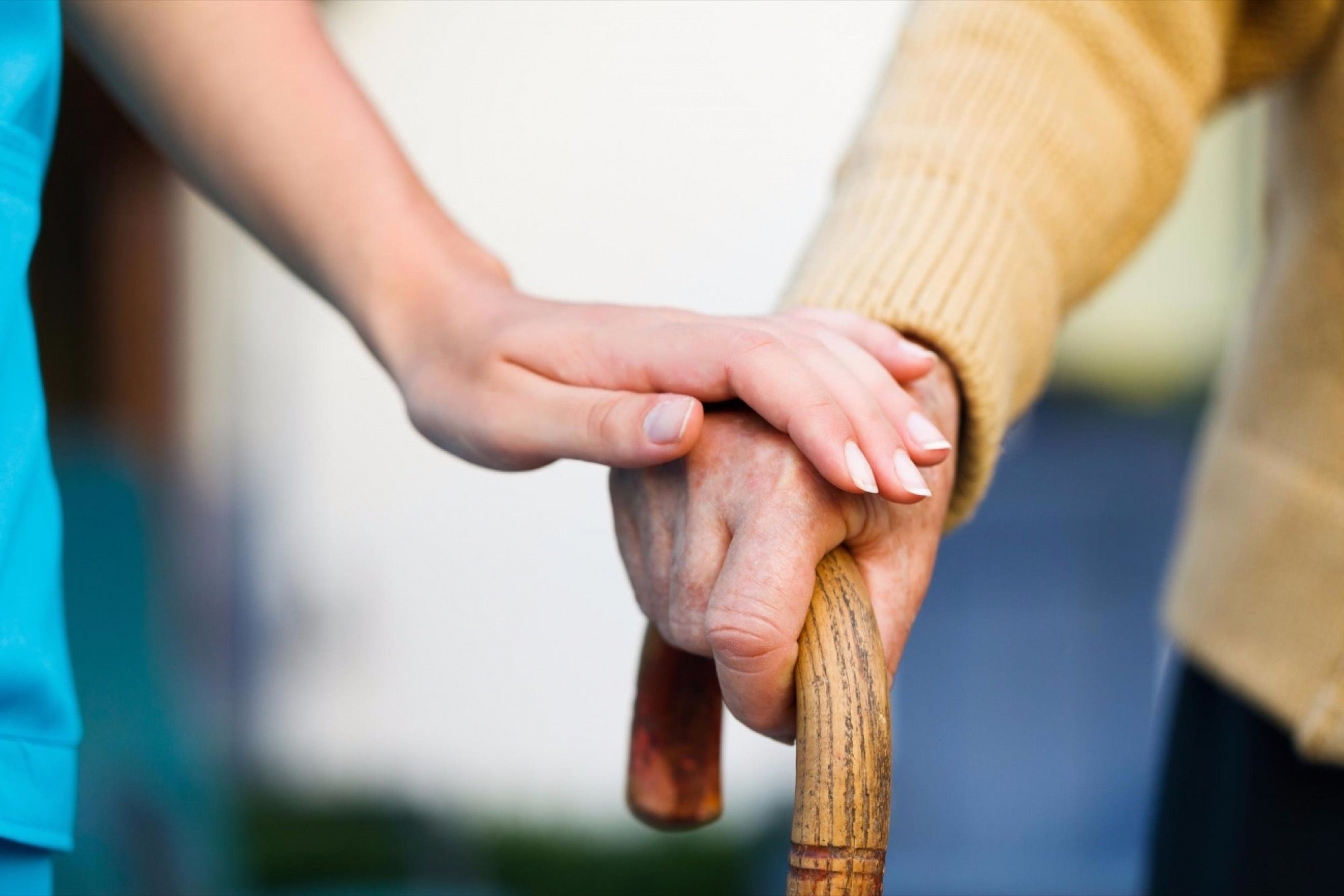Why Elder Care Services is Unexplored in India Elder care is as much a sociological issue as that of access or affordability
By Neha Sinha
Opinions expressed by Entrepreneur contributors are their own.
You're reading Entrepreneur India, an international franchise of Entrepreneur Media.

Elder care in India is a slightly dichotomous term at the moment. On one hand, there is the looming statistics which suggests that this nation needs to gear up for a crisis (by 2050, the no. of elderly in India would be 308 million which would be 20% of the population) while on the other hand there still exists the dilemma of feeling judged (or judge) and stigmatized for seeking professional (additional) help for looking after their old parents.
Elder care is as much a sociological issue as that of access or affordability. We are conditioned to feel guilty if we hire a professional to give our 85-year old mom a bath and not do it ourselves. There is a reason why multi-specialty hospitals have a long list of empanelled specialists but not a single geriatrician.
The current (and future) challenge is not only the sheer no. of seniors but also about our ill preparedness to deal with this population, both from an economic and social standpoint. Increased life expectancy, reduced fertility rates, changing family structures, women joining the workforce & the middle class moving abroad, are all contributors to the immense burden on the current workforce and resources planned (or not) for the elderly.
But, as a culture, for generations we have always looked after our elderly- so what is the issue right now?
People are living longer, yes but are they living healthier lives?
The question we have to ask is: Is longevity synonymous with healthy ageing? Do we have the right to celebrate a long life if it's not a happy one?
According to the WHO, Healthy ageing is defined as "the process of developing and maintaining the functional ability that enables well-being in older age". Healthy ageing also impacts Quality of Life - a term, which needs to go hand in hand with longevity.
Strictly speaking, currently the life expectancy in the urban population stands at around 71 years and rural population at 66 years (SRS, UNDP report). Having said that, it is not so difficult to come across a 85 year old now a days, but almost instantly we wonder what is the health status of this elderly? This is largely because we do not fathom that this 85-year could be disease free, healthy and happy. Fact is, in an ideal world, old age is not always accompanied by ill health & sickness, frailty-yes but disease –no.
Unfortunately at the moment, increased life expectancy is accompanied by the presence of multiple medical conditions, dementia, decline in mobility, poor vision & hearing, a decrease in socializing and in a large no. of cases- loneliness.
Decades of conditioning have prevented us from seeking professional help and considering options like home care services, retirement communities, day care centers or assisted living homes. The feeling of "abandoning' your parent sneaks in. But at the same time it is not fine to leave an ailing parent without adequate care, company and help, at home. The HelpAge India report (2015) reveals that the daughter-in-law and son emerged as major abusers and in certain cases, the daughter and grandson were also reported as abusers.
To solve all these challenges we need to begin with awareness and acceptance, as a first step. Awareness, about the spectrum of challenges that are faced by the elderly today and acceptance, that the family alone cannot solve these. It takes an entire eco system to ensure that an old person is well looked after and their emotional, psychological, social, financial & physical needs are taken care off. The need for professional services for elderly is going to be huge. Just like children, the nature of issues faced by an old person is nothing similar to that of an adult. Geriatric physicians, nurses, physiotherapists, psychologists, nutritionists, social workers and even chiropodists are all well-established medical fields in the west and they exist for a reason.
Lack of trained resources forces us to solve issues through trial and error or simply overburden the primary caregiver into being the all-rounder. It is a vicious cycle of demand and supply- lack of awareness precipitates to lack of services. It is imperative that courses in gerontology are included in the curriculums of all physicians, nurses and paramedics so we start preparing towards a larger workforce from today. Normalizing and de-stigmatizing old age homes from the common perception that they are dark, dingy and only for destitutes needs to start happening now.
There will always be a beginning and the good news is that the ball has started rolling. People are slowly willing to fight perceptions in order to get better care for their parents. In the last five years we do see a spurt of elder care services spring up slowly and steadily. The industry although still fragmented is growing. Elderly healthcare expenditure in India is expected to grow from $24bn to almost $44bn (Source: FICCI Deloitte report 2014)
One can already see several models of the residential care services to choose from, day care centers, as well as home care services addressing both chronic physical conditions to the much-needed companionship. The young elderly (between 60 & 70) no longer expect the children to be the sole providers and are increasingly becoming open to accepting care from outsiders and remaining independent.
It is only a matter of time when elder care breaks the shackles of societal norms and gets recognized for what it is: caring for and loving the elderly. After all as Tia Walker says in her book The Inspired Caregiver: "To care for those who once cared for us is one of the highest honours."










